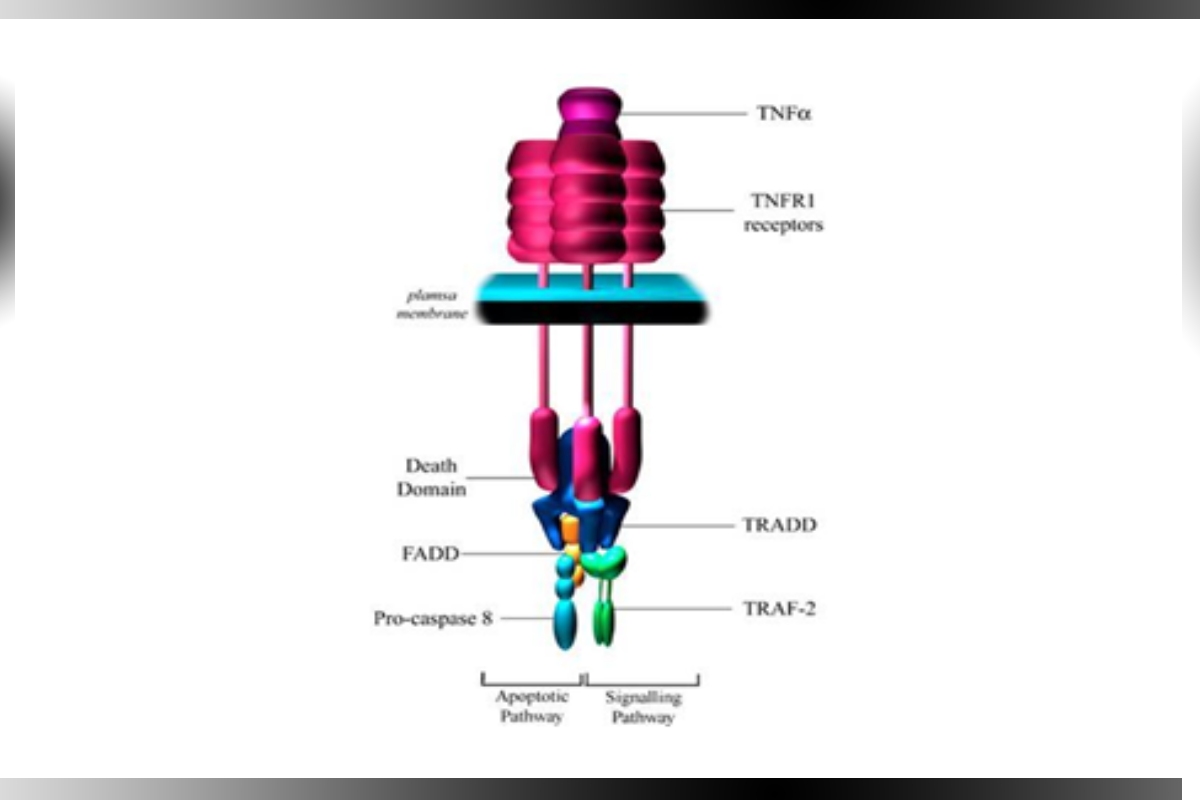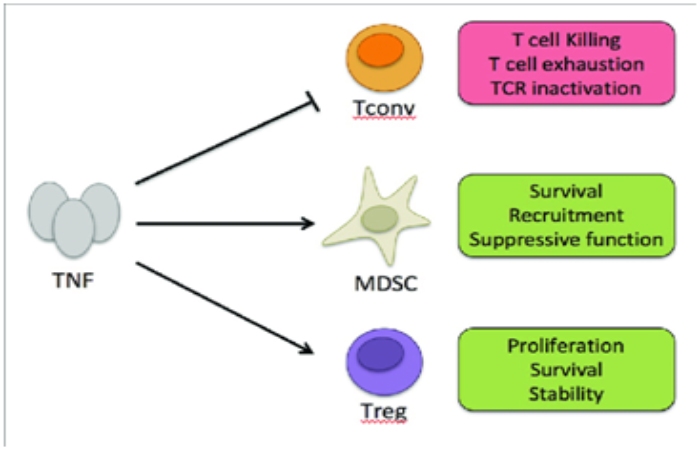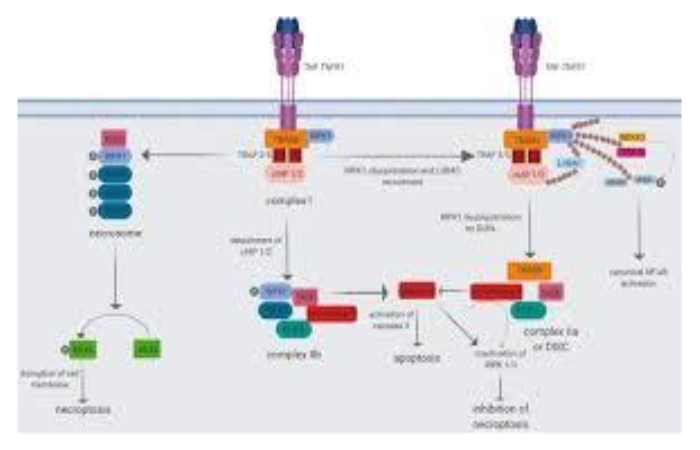
The Role of Tumor Necrosis Factor In Cancer Progression
The Role of Tumor Necrosis Factor In Cancer Progression – The body has so many ways of fighting foreign bodies and ensuring that nothing harmful infiltrates the body even through injuries. One of the ways the body protects itself from harmful foreign bodies is through the synthesizing of the Tumor Necrosis Factor. Let’s get to know this Tumor necrosis factor better.
Table of Contents
What is Tumor Necrosis Factor (TNF)?
According to Boster Bio, the TNF is a glycoprotein secreted by the macrophages in the body to help the body to fight off infections and heal. Although the TNF sounds all-powerful and helpful, it can also wreak havoc in the human body. The TNF helps to fight off diseases in the body of a healthy human but can cause severe information in persons with autoimmune diseases. Yes, you read right. The TNF can cause the body to fight against itself in autoimmune patients. Try TNF alpha ELISA kit , a recent discovery that has helped doctors to easily detect TNF levels that can be harmful to your health. All your doctor needs to do, recommend that you undergo a TNF alpha ELISA test and you are on the path to optimum health.
How the TNF works

The Tumor Necrosis Factor plays a major role in the natural healing process of the body. When an infection or injury occurs in the body, the macrophages push the TNF into the blood from where it is transported to the site of infection or injury (target area of action). At the target area, TNF triggers the process of inflammation. This inflammation created by the TNF protects the area of injury or infection allowing it to heal properly. If the body overproduces TNF in a healthy person, it immediately deactivates the excess so as not to cause excess inflammation. However, if the process of deactivating the TNF goes wrong, a healthy person can develop an autoimmune health condition. Therefore if your blood has lots of TNF and you don’t have an infection that is a sign that your immune system may not be functioning properly.
Symptoms of increased TNF Levels
- Loss of appetite
- Fever
- Redness and swelling at the site of an injury
- Decreased blood pressure
- Muscle aches
Role of TNF in cancer progression

Initially, the TNF was thought to be a magic bullet in killing off tumor cells and leaving out normal cells to thrive in the body. However, researchers discovered that even though it appeared that TNF was destroying implanted tumor cells, it was promoting the survival of cancer cells. This discovery shows how dangerous excess secretion of TNF can be in a cancer patient. Where TNF is concerned reducing cancer progression is possible by reducing TNF levels. Let’s take a look at the possible ways to lower TNF levels.
Ways to lower TNF levels
Eating Curcumin
Including Curcumin, a special component of turmeric in your daily meals is one of the best ways of lowering your TNF levels. A research carried out in people who had inflammation due to an injury discovered that curcumin had a way of suppressing the process of TNF production in the body of the persons who ate curcumin.
Eating Pomegranate
Pomegranate fruit extracts have been discovered to be another good way to decrease your TNF levels especially for people with diseases that induce inflammation.
Use of TNF Inhibitors
TNF inhibitors are drugs that reduced the production of TNF. In most cases of excess TNF being a risk to cancer progression, doctors refer their patients to some of the following TNF Inhibitors.
- Golimumab
- Etanercept
- Certolizumab pegol
- Infliximab
- Adalimumab
TNF inhibitors are either given as injections (under the skin of the thigh or abdomen) or infusion which goes directly into the vein.
TNF inhibitors just as most drugs have side effects which may include pain and swelling of the injection site increased susceptibility to infections such as tuberculosis, fungal infections, etc. Therefore you must consult your doctor before taking TNF inhibitors. Your doctor knows what is best for your health and will confirm whether or not TNF inhibitors are good for your body system.
TNF Inhibitors do not work like magic. You might have to wait for some months to get the difference you are hoping for.
Conclusion
The Tumor Necrosis Factor is not so much an angel when it comes to cancer progression and so if you notice any symptoms that might suggest you have increased TNF ensure to visit your doctor with your complaints.


